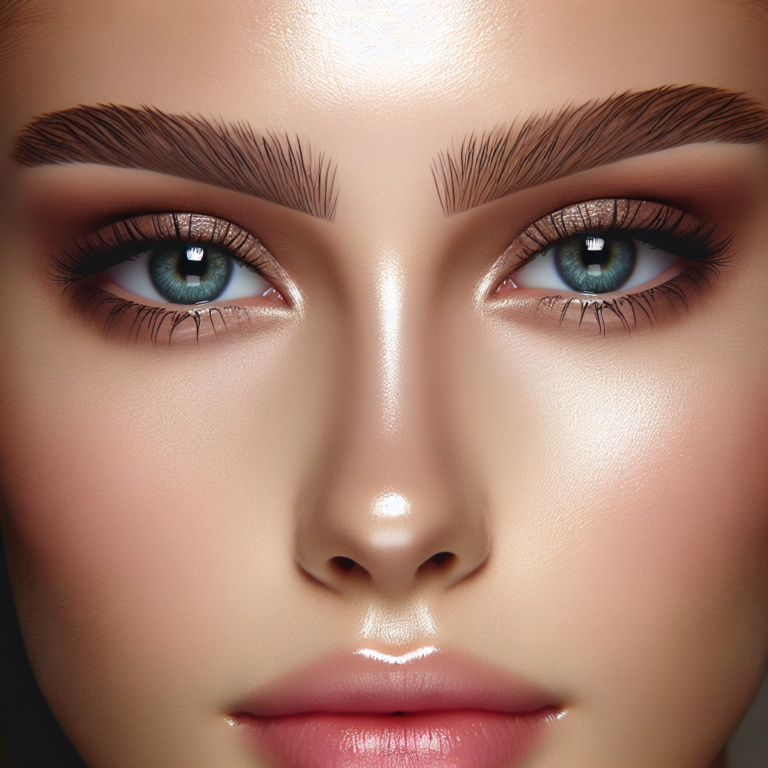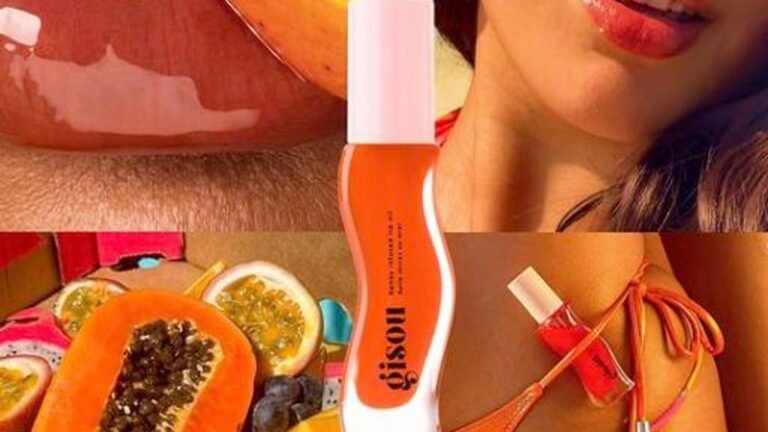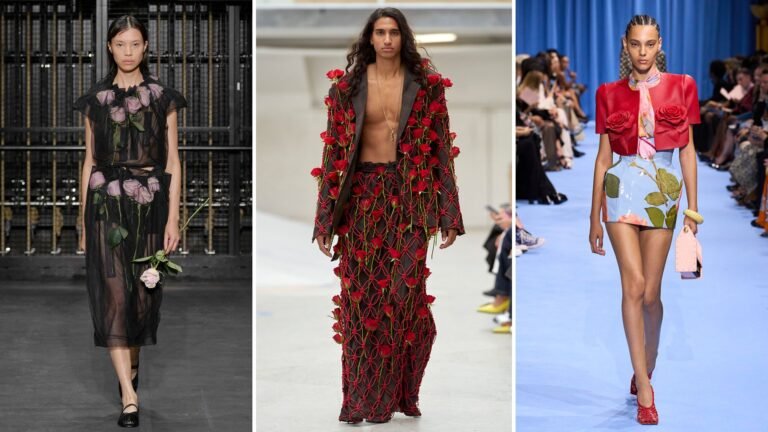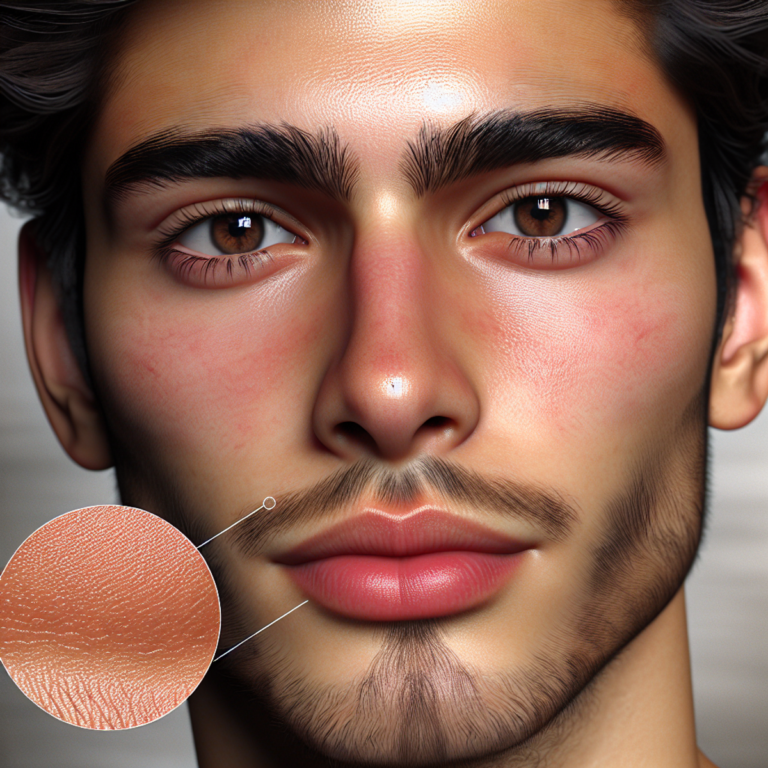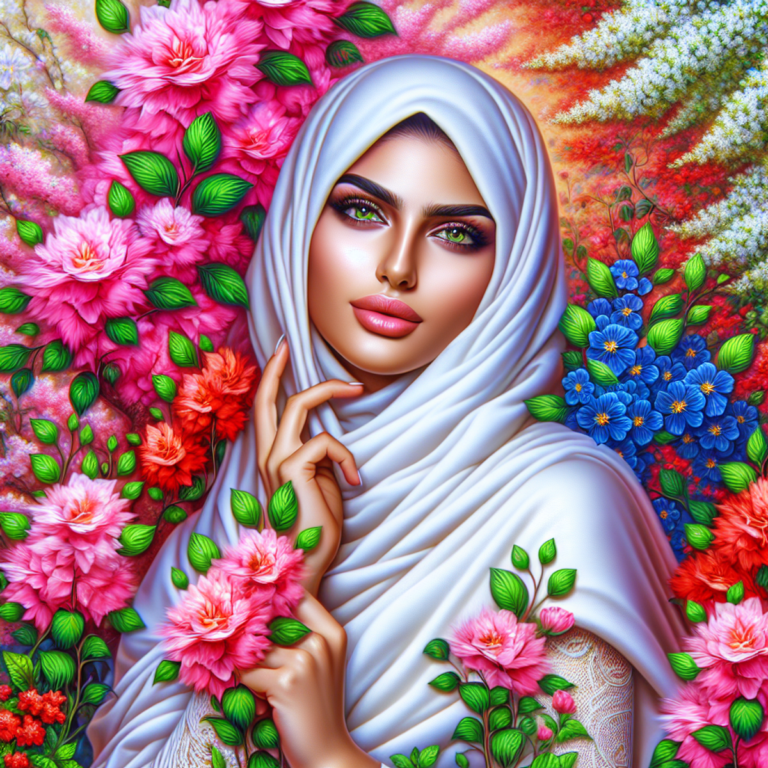4 ways beauty brands will use generative AI in 2024

Introduction
Generative AI is a technology that uses algorithms to create new content and media from large datasets. It’s gaining significant influence across various industries, including the beauty sector. In fact, generative AI is expected to play a crucial role in transforming the way beauty brands operate and engage with their customers.
By 2024, beauty brands are projected to leverage generative AI in innovative ways to:
- Enhance their marketing strategies
- Streamline workflows
- Provide hyper-personalized experiences
The Power of Generative AI
Generative AI refers to the ability of machines to generate creative outputs, such as images, text, and even music, by learning patterns from existing data. This technology has the potential to revolutionize industries by:
- Automating tasks
- Boosting productivity
- Fostering innovation
Beauty brands are recognizing the power of generative AI in:
- Creating visually stunning imagery
- Optimizing operational processes
- Improving customer satisfaction
Relevance in the Beauty Industry
The beauty industry thrives on visual appeal and personalization. Generative AI aligns perfectly with these core principles by offering beauty brands new opportunities to connect with customers in meaningful ways. By harnessing the capabilities of generative AI, beauty brands can elevate their marketing efforts and provide tailored experiences that resonate with individual preferences.
Leverage in 2024
In 2024, beauty brands are expected to embrace generative AI on a larger scale. Here’s an overview of how they will leverage this technology:
- Virtual Stores with AI-Generated Marketing Imagery: With the rise of online shopping and virtual experiences, beauty brands will incorporate generative AI to enhance their virtual stores. By using AI-generated marketing imagery, these virtual stores can offer enhanced visual appeal and product representation. Customers will be able to explore lifelike representations of products before making a purchase decision. Moreover, generative AI can personalize the virtual store experience based on individual preferences, ensuring that customers find products that align with their unique beauty needs.
- Generative AI Negotiation Tools for Beauty Brand Partnerships: Collaborations between beauty brands and influencers or retailers often involve complex negotiations. Generative AI can simplify this process by analyzing past agreements and generating efficient contract drafts. With the ability to analyze large volumes of data, generative AI can also automate deal structuring, ensuring optimal terms and conditions for both parties involved.
- Real-Time Monitoring of Consumer Sentiment through Generative AI: In the fast-paced beauty industry, it is crucial for brands to stay updated on consumer sentiment and feedback. Generative AI enables real-time sentiment analysis across various channels, such as social media and reviews. By leveraging this technology, beauty brands can detect emerging trends or issues early on, allowing them to respond proactively and make necessary adjustments to their products or marketing strategies.
- Streamlined Workflows and Enhanced Creativity with Generative AI in Beauty Branding: Generative AI has the potential to streamline internal processes within beauty brand teams. For instance, it can automate content generation for marketing campaigns, saving time and resources. Additionally, generative AI algorithms can assist in product formulation by providing algorithmic suggestions based on extensive data analysis. This not only accelerates the innovation process but also augments the creativity of beauty brand teams.
By harnessing the power of generative AI in these four key areas, beauty brands will be able to deliver hyper-personalized experiences to their customers while optimizing their operational efficiency. However, it is important to embrace generative AI responsibly and ethically, ensuring that customer privacy and data security are prioritized at all times.
In the next sections of this article, we will dive deeper into each of these areas to explore how generative AI will reshape the beauty industry in 2024.
1. Virtual Stores with AI-Generated Marketing Imagery
Virtual stores have become increasingly popular in the digital age, offering consumers a unique shopping experience from the comfort of their own homes. These virtual environments allow beauty brands to showcase their products and engage with customers in a visually immersive way. With the integration of generative AI, virtual stores can take on a whole new level of sophistication and personalization.
Enhanced visual appeal and product representation
AI-generated marketing imagery can significantly enhance the visual appeal of virtual stores. By using generative AI algorithms, beauty brands can create realistic and high-quality images that accurately represent their products. This technology can make textures, colors, and lighting effects look lifelike, giving customers a more immersive and engaging shopping experience.
For instance: Imagine browsing through a virtual store for skincare products. With AI-generated marketing imagery, you can see detailed close-ups of each product, showcasing the texture, consistency, and application techniques. This level of visual detail helps customers make better purchasing decisions and enhances their overall satisfaction with the brand.
Improved personalization for customers
Generative AI can also play a crucial role in personalizing the virtual store experience for individual customers. By analyzing customer data such as purchase history, preferences, and skin type, beauty brands can use generative AI to suggest tailored products and create personalized virtual shopping environments.
For example: If a customer has previously purchased anti-aging skincare products, the virtual store can show relevant new arrivals or promotions specifically chosen for their needs. This level of personalization not only makes customers happier but also makes them more likely to buy again and stay loyal to the brand.
In addition to product recommendations, generative AI can also simulate real-time interactions between customers and virtual beauty advisors. These AI-powered advisors can give personalized skincare tips and recommendations based on individual skin concerns and goals. By leveraging natural language processing capabilities, these virtual advisors can have meaningful conversations with customers, helping them navigate through the virtual store and find the products best suited to their needs.
The use of AI-generated marketing imagery in virtual stores not only enhances the visual appeal and product representation but also improves personalization for customers. By using generative AI algorithms, beauty brands can create immersive and individualized shopping experiences that cater to the unique preferences and needs of each customer. This level of sophistication is a key factor in revolutionizing online shopping and increasing conversion rates in the digital landscape.
2. Generative AI Negotiation Tools for Beauty Brand Partnerships
In the fast-paced world of beauty brand partnerships, negotiation plays a crucial role in securing collaborations with influencers and retailers. However, this process can often be time-consuming and complex. This is where generative AI negotiation tools come into play, revolutionizing the way beauty brands approach these partnerships.
By leveraging the power of generative AI, beauty brands can streamline the negotiation process and achieve more efficient outcomes. Here are two key ways in which generative AI can transform negotiation for beauty brand partnerships:
- Efficient contract drafting based on analysis of past agreements: Generative AI can analyze a vast amount of data from previous contracts to identify patterns and understand successful negotiation strategies. By incorporating this analysis into its algorithms, the AI tool can generate contract templates that are tailored to specific partnership scenarios. This saves time for beauty brands by eliminating the need to start from scratch with each new collaboration. It also ensures that key terms and conditions are not overlooked, reducing the risk of disputes or misunderstandings. For more information on how generative AI is changing contract management, you can refer to this insightful article on iCertis.
- Automated deal structuring with optimal terms and conditions: Negotiating favorable terms and conditions is essential for any successful partnership. Generative AI negotiation tools can assist beauty brands in structuring deals that are mutually beneficial for all parties involved. The AI tool can consider various factors such as budget constraints, marketing objectives, and market trends to suggest optimal deal structures. By automating this process, beauty brands can eliminate guesswork and achieve more precise outcomes that align with their business goals. If you’re interested in exploring specific use cases for generative AI in contract drafting, this article by Jack Shepherd provides valuable insights.
These generative AI negotiation tools offer several benefits for beauty brands:
- Time-saving: By automating contract drafting and deal structuring, beauty brands can save valuable time that would otherwise be spent on manual negotiations. This allows them to focus on other strategic initiatives and accelerate the pace of their partnerships. Platforms like Contract Nerds are already assisting businesses in this regard.
- Improved accuracy: Generative AI tools have the ability to process vast amounts of data and analyze it with precision. This reduces the risk of human error in negotiation and ensures that key terms and conditions are not overlooked.
- Enhanced collaboration: AI negotiation tools can facilitate smoother communication between beauty brands and their partners. By providing clear templates and suggested deal structures, these tools create a common ground for negotiation, minimizing misunderstandings and fostering better collaboration.
One example of a company leveraging generative AI negotiation tools is L’Oreal. They have developed an AI-powered platform called “Beauty Tech for Good” that assists in negotiating contracts with influencers. The platform uses machine learning algorithms to analyze past agreements and generate customized contract templates. This innovative approach has enabled L’Oreal to streamline their negotiation processes, saving time and ensuring consistent agreements across partnerships.
Generative AI negotiation tools have the potential to
3. Real-Time Monitoring of Consumer Sentiment through Generative AI
In the fast-paced beauty industry, it’s crucial for brands to stay updated on customer perceptions. Generative AI offers a powerful solution by enabling real-time sentiment analysis across various channels such as social media, reviews, and more.
Benefits of Real-Time Monitoring with Generative AI
1. Early Detection of Emerging Trends or Issues
Generative AI tools can swiftly identify emerging trends and issues within the beauty industry. By analyzing large volumes of data in real-time, brands can proactively respond to shifts in consumer behavior and preferences. For example, if a particular skincare ingredient starts gaining traction on social media platforms, beauty brands can quickly adapt their product development and marketing strategies to capitalize on this trend.
2. Sentiment-Driven Product Development Strategies
With generative AI, beauty brands can gain deep insights into consumer sentiment regarding specific products or brand experiences. This valuable data can inform product development strategies, helping brands align their offerings with customer expectations. For instance, if consumers express dissatisfaction with certain aspects of a skincare product through online reviews and social media posts, generative AI tools can highlight these sentiments, guiding the refinement of future product formulations.
By harnessing generative AI for real-time consumer sentiment monitoring, beauty brands can not only react promptly to industry shifts but also ensure that their product offerings are aligned with customer preferences and expectations.
To further leverage the potential of generative AI in business growth and identify new opportunities, leaders can look at how AI is being strategically leveraged across industries. Additionally, incorporating sentiment analysis into marketing strategies can provide a comprehensive understanding of customer perceptions and help refine brand messaging.
4. Streamlined Workflows and Enhanced Creativity with Generative AI in Beauty Branding
Generative AI has the potential to revolutionize internal processes within beauty brand teams, fostering innovation and efficiency. By leveraging generative AI tools, beauty brands can streamline workflows and enhance creativity in several ways:
Automated Content Generation for Marketing Campaigns
Generative AI can be utilized to create compelling and personalized content for marketing campaigns. Through the analysis of consumer preferences, purchasing behaviors, and trending beauty concepts, AI algorithms can generate engaging copy, visuals, and even video content tailored to specific target audiences. This automated content generation not only saves time but also ensures that marketing materials resonate effectively with consumers.
Assistance in Product Formulation through Algorithmic Suggestions
Beauty brands can harness generative AI to optimize the product development process, particularly in formulation and ingredient selection. By inputting data on consumer preferences, skin types, and emerging trends, AI algorithms can provide valuable insights and suggestions for new product formulations. This data-driven approach enhances the creativity of beauty brand teams by offering innovative ideas based on extensive analysis of market dynamics and consumer needs.
In summary, generative AI empowers beauty brands to automate content creation for marketing campaigns and gain algorithmic assistance in product formulation. These capabilities not only streamline workflows but also foster creativity within beauty brand teams, ultimately driving innovation in the industry’s product offerings.
The Future of Beauty Brands with Generative AI
Impactful Integration of Generative AI
Beauty brands in 2024 will use generative AI for:
- Virtual stores with AI-generated marketing imagery
- Negotiation tools
- Real-time consumer sentiment monitoring
- Streamlined internal workflows
Rise of Hyper-Personalized Skincare Experiences
These advancements are set to enhance the beauty industry, resulting in a rise in hyper-personalized skincare experiences.
Encouragement for Ethical and Responsible Use
We should embrace the opportunities brought by generative AI, making sure to implement it ethically and responsibly in our pursuit of innovation.


